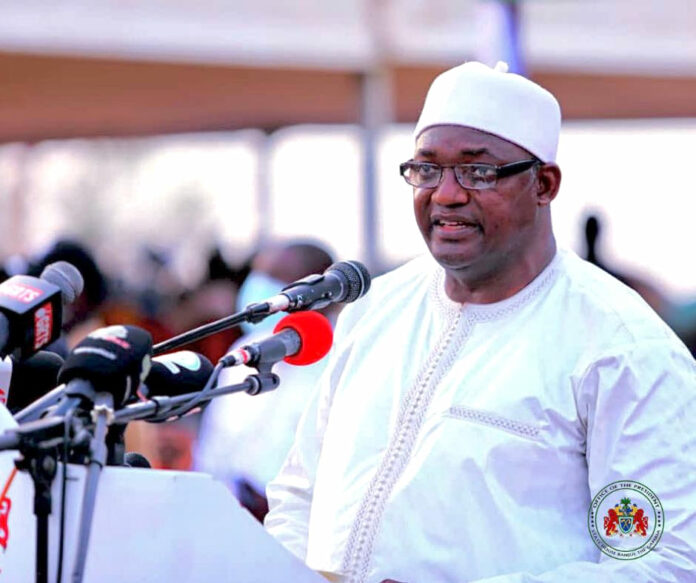By: Zackline Colley
In his state of the nation address, President Adama Barrow reiterated his government’s commitment to enforcing the prohibition of FGM. “Noteworthy is the Private Member Bill to repeal the Women’s Amendment Act 2015 currently under review by the legislature. While awaiting its outcome, the government remains committed to enforcing the prohibition of FGM in The Gambia,” President Barrow noted.
Various governmental bodies and non-governmental organizations (NGOs) have been working tirelessly to eliminate FGM through education, advocacy, and community engagement. President Barrow’s statement can be seen as a strong endorsement of their efforts, providing a morale boost to those dedicated to the cause.
The Gambia finds itself embroiled in a heated debate over Female Genital Mutilation (FGM) as a Private Member Bill seeking to repeal the Women’s Amendment Act of 2015 is currently under review by the legislature. This law, which banned FGM in December 2015, imposes severe penalties, including fines and imprisonment, on those who perform or facilitate the practice.
Despite the legal ban, enforcement has been a significant challenge due to deeply ingrained cultural norms and a lack of awareness in some communities. The proposed repeal aims to allow the free exercise of FGM, a move that has sparked intense controversy and widespread discussion across the nation.
The debate over the proposed repeal has highlighted the ongoing struggle between tradition and progress in The Gambia. Proponents of the repeal argue for cultural preservation and the right to practice traditional customs, while opponents stress the severe health risks and human rights violations associated with FGM.
As the legislature continues to review the bill, the nation watches closely. The outcome will have profound implications for the future of women’s rights and health in The Gambia.




